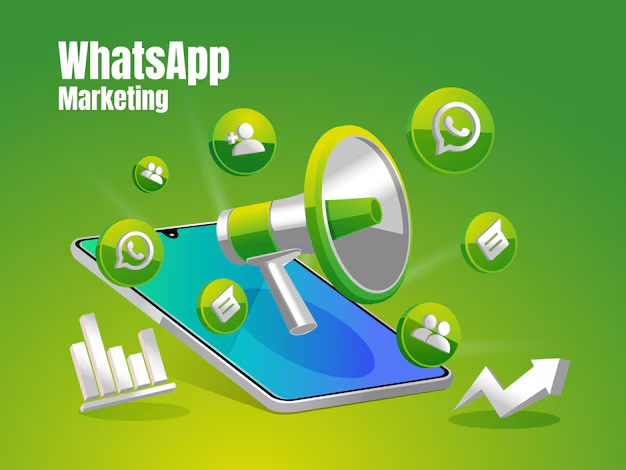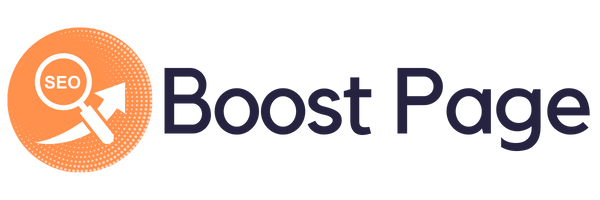
WhatsApp has become one of the most widely used private messaging services in the world, giving organizations a direct line to customers where they already spend time. Unlike public social feeds, WhatsApp communication is private, immediate, and conversation-first, which makes it valuable for support, notifications, and commerce. The platform’s scale is significant, with over two billion users globally, underscoring its potential reach for businesses operating in both developed and emerging markets.
At the same time, responsible WhatsApp marketing depends on compliance with privacy laws and platform policies, careful consent practices, and designs that respect user expectations. This article explains what WhatsApp marketing is, how the WhatsApp Business App differs from the WhatsApp Business Platform (API), and the concrete steps to launch compliant, user-friendly programs. We also highlight country-specific payment developments that enable in-chat transactions under local regulation, so you can evaluate whether payments are available and permitted in your markets.
What Is WhatsApp Marketing?
WhatsApp marketing refers to the use of WhatsApp’s business tools to send service updates, answer questions, share product information, and, where permitted, complete transactions. Businesses can use either the WhatsApp Business App (typically for a single device and smaller teams) or the WhatsApp Business Platform (API) for larger teams, automation, and integration with CRMs and contact centers.
A distinguishing feature of WhatsApp is its end-to-end encryption for personal messages and calls, which supports user trust. While business interactions may involve optional features such as catalogs or Shops integration, encryption remains core. Marketers should understand these boundaries to design experiences that are both helpful and privacy-preserving.
Global internet connectivity also plays a role in adoption. An estimated 5.5 billion people are online in 2024, representing around 68% of the world’s population. This global context helps set realistic expectations for reach by region and informs rollout plans in markets with variable internet access.
Why Businesses Should Use WhatsApp for Marketing
Organizations consider WhatsApp because it combines reach, immediacy, and trust. It supports rich, two-way conversations that feel less intrusive than mass email and more personal than web forms, enabling quicker problem resolution and higher satisfaction.
From a policy standpoint, WhatsApp defines detailed Business Terms and a Business Messaging Policy that govern acceptable use, content limits, and user controls such as blocking or reporting. These documents are essential to avoid account restrictions and to set internal standards for message quality and frequency.
WhatsApp’s role in commerce is also growing. In India, the National Payments Corporation of India has allowed the expansion of WhatsApp UPI. In Brazil, the Central Bank of Brazil supervises developments within the Pix payment system. These cases show how messaging and payments may converge within national regulatory frameworks.
WhatsApp Business App vs. WhatsApp Business Platform (API)
| Aspect | WhatsApp Business App | WhatsApp Business Platform (API) |
| Best for | Sole proprietors & small teams | Medium–large organizations |
| Setup | Mobile app; simple setup | Requires verification, technical setup, or solution provider |
| Devices | Primarily one phone (with linked devices) | Server-side integration; multiple agents via software |
| Features | Quick replies, labels, basic catalog | Automated messaging, templated notifications, CRM/CCaaS integration |
| Governance | App Terms & Policies | Business Terms, Messaging Policy, API specs |
| Scaling | Manual processes | High concurrency, automation, analytics integrations |
The App is ideal for smaller businesses managing direct chats, while the Platform (API) supports scaling, automation, and integration into broader systems. Both require compliance with WhatsApp’s policies, but the API introduces additional operational controls and auditability.
Core Features of WhatsApp Marketing
Key features include templated notifications (such as order updates), two-way chat for support, product catalogs, and Shops integrations where available. Businesses can also use automated replies and organize chats with labels.
Security is a foundational feature, with end-to-end encryption and options like encrypted backups for users. When designing customer journeys, organizations must train staff to understand what data is visible and how privacy is protected.
In select markets, in-chat payments are available under local rules. In India, WhatsApp UPI transactions are allowed within the national payments framework. In Brazil, Pix transactions are regulated by the Central Bank. These integrations demonstrate how WhatsApp can become not only a communication channel but also a commerce platform.
Best Practices for WhatsApp Marketing
Consent and lawful basis. Always secure explicit consent before sending marketing messages. Consent should be clear, specific, and easy to withdraw.
Policy alignment. Adhere to WhatsApp’s Business Messaging Policy, Commerce Policy, and Business Terms. Avoid restricted content, ensure messages are valuable, and respect user controls.
User-centric design. Keep messages short, timely, and actionable. Provide opt-out options and ensure your messaging is not intrusive. Align send times with local hours and avoid spamming users.
Operational hygiene. Maintain an accurate business profile, train agents, and monitor response times. Regularly review the quality of message templates and campaign performance.
WhatsApp Marketing Strategies That Work
Service-led notifications. Send order confirmations, delivery updates, appointment reminders, and incident notices. These notifications are highly valued when done with consent.
Conversational support. Use WhatsApp for quick customer service, FAQs, and issue resolution. Ensure that users can always escalate to a human agent.
Commerce and catalogs. Showcase products using catalogs and allow purchases where regulations permit. Implement clear refund and complaint procedures that align with consumer protection laws.
Measurement-driven iteration. Define key performance indicators before launch, and track metrics such as response times, satisfaction, and conversion rates. Use insights to refine messaging and improve results.
Challenges and Limitations of WhatsApp Marketing
Regulatory compliance. Privacy and communication rules differ by region. For example, in the EU, GDPR requires strict consent standards, while other jurisdictions have their own rules. Businesses must adapt practices accordingly.
Platform enforcement. WhatsApp enforces its policies strictly, with consequences such as message limits or account bans for violations.
Payments availability. In-chat payments are only available in specific markets, such as India and Brazil, and require compliance with national regulations. Businesses should not advertise payment options where they are unavailable.
Connectivity and inclusion. Roughly one-third of the global population is still offline, which limits WhatsApp’s reach in some regions. Businesses should plan alternative channels such as SMS or email where appropriate.
Measuring the Success of WhatsApp Marketing
Define metrics that reflect both user value and business objectives. Common KPIs include:
- Delivery and read rates for notifications
- Response and resolution times in support chats
- Opt-out and complaint rates
- Conversion rates for commerce
- Customer satisfaction scores
Analytics tools can be integrated with the WhatsApp Business Platform to track performance while maintaining compliance with privacy laws. Businesses should always ensure that personal data used for analytics is minimized and processed lawfully.
The Future of WhatsApp Marketing
The future of WhatsApp marketing is shaped by three major trends:
- Deeper enterprise integration. Businesses will increasingly connect WhatsApp with CRMs, order systems, and AI-driven automation.
- Commerce under regulation. Messaging and payments will converge further in markets like India and Brazil, with expansion depending on national regulatory approval.
- Digital economy growth with uneven access. As more people come online, WhatsApp’s potential will grow, but businesses must also consider connectivity gaps and inclusivity.
Conclusion
WhatsApp offers businesses a powerful platform for personalized, secure, and direct communication. Success depends on combining clear consent and policy compliance with messages that are timely and valuable to customers. Whether using the Business App or the API, organizations must design experiences that respect privacy, follow regulations, and build trust. Done responsibly, WhatsApp marketing can improve satisfaction, speed up resolutions, and support measurable growth.





